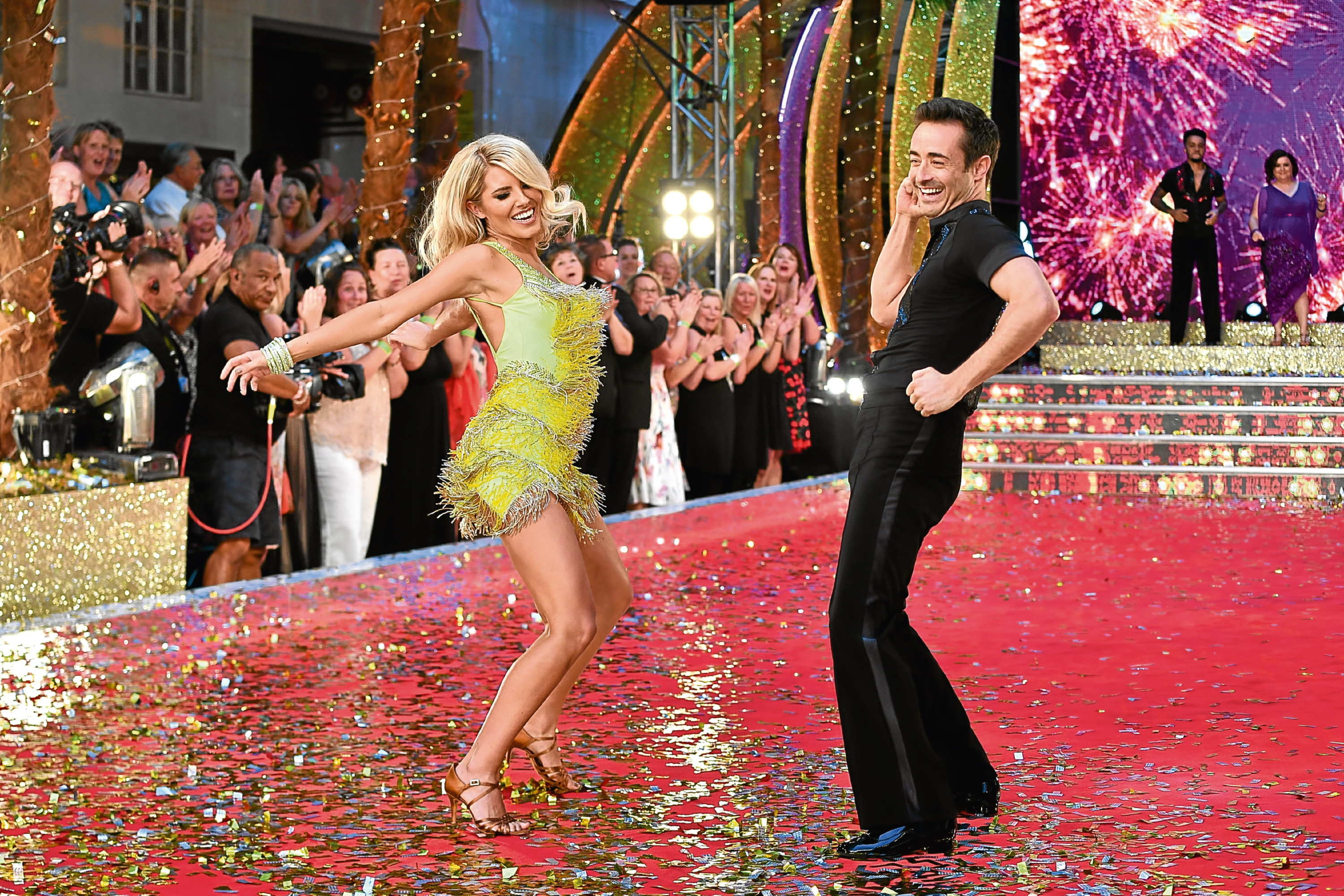
FOOTBALL is about to get Saturday night fever.
But I reckon Scottish fans will be laid lowest when their clubs eventually catch the bug.
This Saturday’s festive tussle between Leicester City and Manchester United will kick-off at 7.45pm, after being switched from 3pm for live TV.
It’s the Premier League’s first Saturday night prime time telly slot.
But it won’t be the last.
I was stunned when the Premier League announced details of its new broadcast rights package the other day, covering the three seasons between 2019 and 2022.
It wasn’t just the content that put me on the back foot.
It’s also the fact that it feels like yesterday we were talking about the £5.1billion Sky and BT Sport paid last time around.
It must be true – time does fly when you’re having fun!
Anyhow, for me, the standout piece of business in the new package is the introduction of the aforementioned Saturday, 7.45pm slot.
From 2019, TV audiences will be treated to one of those every week of the season.
That will put live games up against Saturday night telly staples such as The X Factor, Britain’s Got Talent and Strictly.
That’s great for sports broadcasters, who would love to take a chunk out of the competition’s advertising revenue.
Even in the face of declining viewing figures, it might just tempt them to cough up a wee bit extra for the rights, which is what the Premier League is after.
But, as potentially enticing as it is for the TV companies, it’s absolutely hopeless for fans – and that’s my beef with the whole thing.
We’ve gone from a point where Saturday 3pm kick-offs were standard, to one where they’re increasingly rare.
First we had replays and cup games, then league matches, on a Wednesday night.
Fair enough. It gave us a bit of variety. But there’s such a thing as too much of a good thing.
Now we get league games on Sundays and on Monday nights, matches on Tuesday and Wednesday in the Champions League, on Thursday in the Europa League, Friday in the English and Scottish leagues, Saturday lunchtime, afternoon, and tea-time – and now prime time.
It’s a 24/7 operation, which might be good for the pubs that broadcast the games.
But it’s simply no good when it comes to selling season tickets, because who can commit to a schedule that changes constantly?
And don’t blame the broadcasters. It’s the football authorities who have sold out.
Fans of Premier League teams have long been treated as an afterthought, so they will be well used to the latest plan to inconvenience them.
But punters in Scotland shouldn’t be looking south with any smugness – because what happens in England is generally copied north of the border.
Just watch the next time the SPFL start trying to flog their own broadcast rights.
I’ll be stunned if there’s no Saturday, 7.45pm game in there, despite the fact I think throwing one in would be pointless.
Scottish football won’t just be up against The X Factor and the like – it will be up against the Premier League, too
That’s a comparison that’s never going to make the Scottish game look good.
In England, it won’t make a difference to clubs in terms of ticket sales. There are enough day-trippers and tourists to pick up briefs in the absence of put-out locals.
But in Scotland, it will only lead to more empty seats in stadiums, and a worse-looking product on the telly.

Enjoy the convenience of having The Sunday Post delivered as a digital ePaper straight to your smartphone, tablet or computer.
Subscribe for only £5.49 a month and enjoy all the benefits of the printed paper as a digital replica.
Subscribe